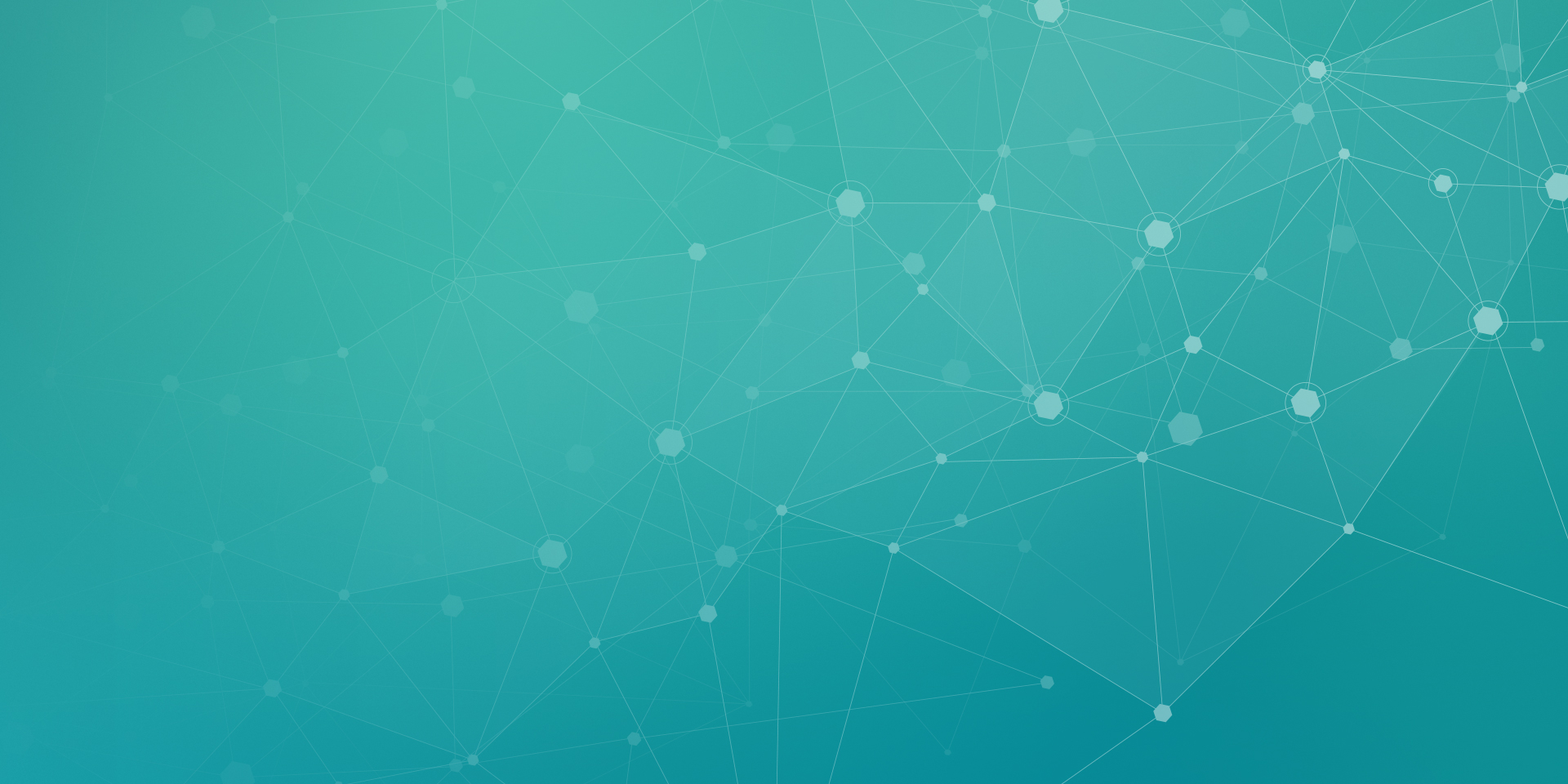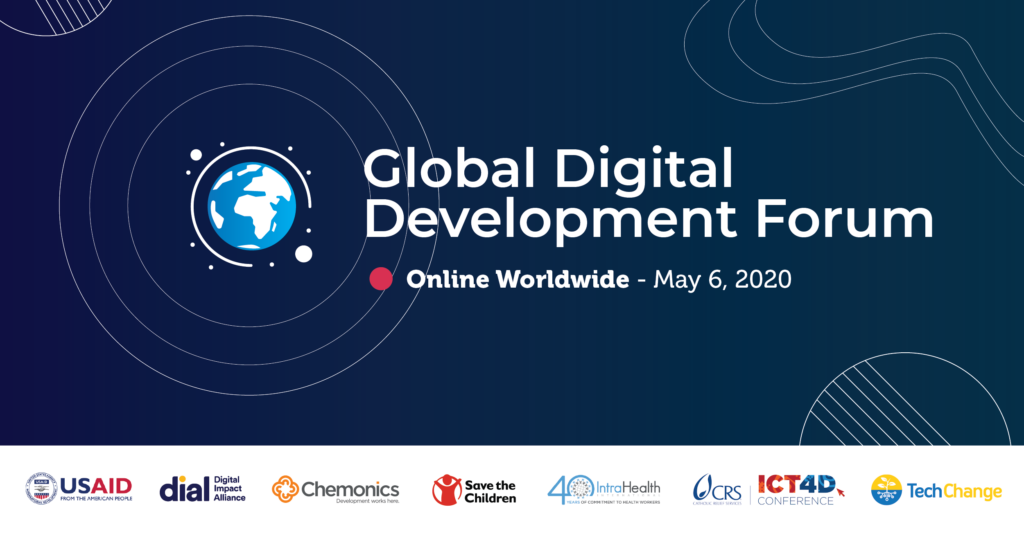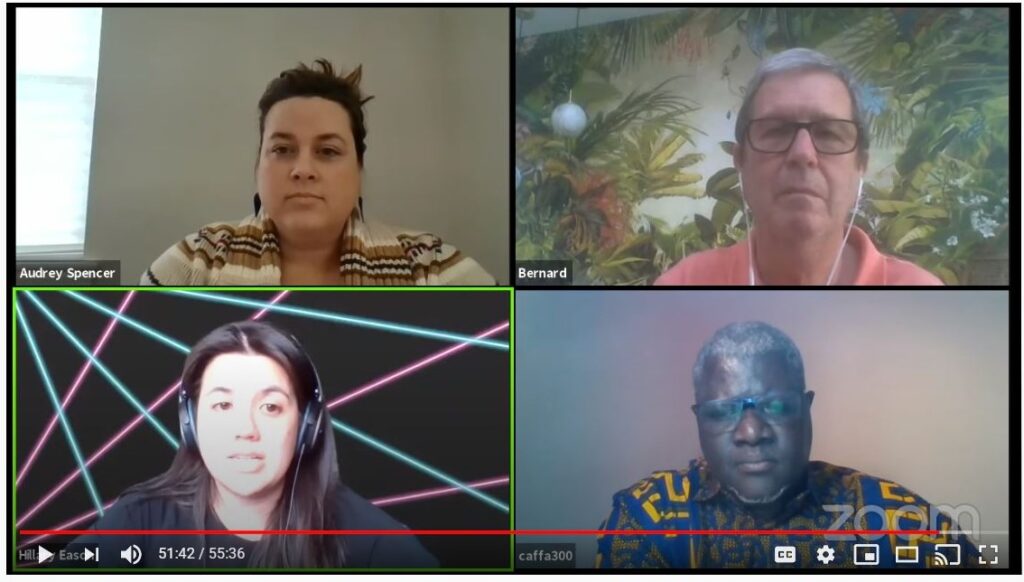
Chemonics News
News: Chemonics Co-Organizes the First-Ever Global Digital Development Forum
May 14, 2020 | 5 Minute ReadChemonics partners with six leading development entities to hold the all-virtual, first-ever Global Digital Development Forum for exploring best practices and innovation in ICT4D
Chemonics was pleased to partner with USAID, TechChange, IntraHealth, Digital Impact Alliance (DIAL), Save the Children, and the CRS/Information and Communications Technologies for Development (ICT4D) Conference to organize and hold the all-virtual, first-ever Global Digital Development Forum (GDDF) on May 6, 2020.
This 16-hour event, which spanned all time zones and featured more than 100 sessions, focused on best practices and emerging innovations in ICT4D across sectors such as supply chain, education, agriculture, digital economy, humanitarian response, COVID-19 digital response, and responsible data use. Nearly 4,000 people registered for GDDF, which included plenaries, breakout sessions, lightning sessions, and networking opportunities.

As in-person ICT4D events were canceled and the global development community pivoted to address the COVID-19 pandemic, GDDF’s organizers realized the pressing need to convene around ICT4D topics to empower the community. In response to this need, the organizers made the event available to and inclusive of worldwide participation.
“Chemonics-implemented programs do incredible work from Afghanistan to Zimbabwe — using cutting-edge, context-appropriate technologies to solve some pretty persistent problems,” said Manisha Aryal, technical director for digital development at Chemonics. “For us, GDDF presented three opportunities: sharing digital innovations from the programs we implement; learning how our peers are using ICT4Ds in other challenging contexts; and seeing how we can use virtual platforms for information sharing, learning, and building a community of practice.”
Chemonics presented seven sessions and tech demonstrations on several subjects. These subjects included using drone technology to deliver medical commodities to remote regions of Malawi, improving Indonesian healthcare staff information systems to prepare the workforce for the COVID-19 pandemic, and drawing on digital solutions to strengthen access to justice in Ukraine.
“It was great for our project to build new partnerships at GDDF that I strongly believe will foster a fairer and more just world,” said David Vaughn, chief of party of the USAID New Justice Program. “We also appreciated the opportunity to present a holistic picture of how to engage a variety of stakeholders in developing IT solutions that improve access to justice for all.”
Attendees could enroll in sessions ahead of time and ask questions and engage with presenters and each other in a chat window during and after sessions. Most sessions were live and interactive, using polling technology and Q&A. Some sessions, such as tech demos, were pre-recorded.
The use of video streaming services, which do not require high bandwidth, made the live GDDF sessions and demonstrations widely accessible to attendees from various parts of the world. To bolster GDDF’s reach, organizers included French presentations and recordings, creating space customized for participants hailing from Francophone Africa and other French-speaking parts of the world.

During sessions, participants expressed an appreciation of the diversity of presentations, the user-friendliness of the conference platform, and the organization of the event in such little time.
“GDDF was the first-of-its-kind for a virtual event: nearly 4,000 participants from 127 countries, 146 sessions (including keynotes, breakouts, and networking) with more than 400 session leads over a 16-hour timeframe,” said Nick Martin, founder and CEO of TechChange, one of the event’s organizers. “As you can imagine, this took a lot of tech and human choreography to pull off. Chemonics was instrumental as a co-organizer in helping to ensure its success.”
The recording of each live session became available immediately after it ended. Those interested in viewing the recordings should register for free through the event platform before accessing them through the event agenda. A list of Chemonics’ GDDF sessions and their linked recordings is below.
The organizers hope this event will inspire more adaptation and innovation in how the global development sector convenes and holds events around ICT4D and other topics.
“Virtual conferences like this one allow for unparalleled inclusion and global collaboration,” said Hillary Eason of Chemonics’ Digital Development Team, who presented in three sessions. “I would have loved to have gathered in person, but we were able to hear from many more voices through this type of event. I’m so glad that it happened.”
Chemonics’ sessions at GDDF
- Using Cutting Edge Digital Solutions to Strengthen Access to Justice in Ukraine – Yulia Lukasevych, Deputy Head of the Department, the High Council of Justice Secretariat; Sergey Suchenko, Judicial Administration Specialist, USAID New Justice Program; Tetiana Tsuvina, Associate Professor of Civil Procedure Department, Yaroslav Mudryi National Law University; Dmitry Foremny, Country Manager, the Hague Institute for Innovation of Law. Moderated by David Vaughn, Chief of Party, USAID New Justice Program.
- Drones for Health: HIV, TB, and the Next Frontiers – Ryan Triche, Warehousing and Distribution Analyst, USAID Global Health Supply Chain Program – Procurement and Supply Management Project; Ford Muchule, Chizumulu St. Mary’s Health Centre Staff and Drone Point of Contact; Lewis Hill, Director of Flight Operations (International), Swoop Aero. Moderated by Ashley Greve, Warehousing and Distribution Analyst, USAID Global Health Supply Chain Program – Procurement and Supply Management Project.
- Building a Dynamic Ecosystem of Health Workforce Data to Achieve SDGs – Shinta Dewi, Head of Sub Division for Data and Information, Human Resources for Health Empowerment and Development Agency, Ministry of Health; Kaycee Manuel, Human Resource Management Officer, Health Human Resources Development Bureau, Department of Health of the Philippines; Solomon Woldeamanuel, HR Planning, Monitoring and Evaluation Team Leader, Human Resources Development Directorate, Federal Ministry of Health. Moderator: Leah McManus, Project Lead, Human Resource for Health 2030 (HRH2030) Indonesia-Chemonics.
- Reinforcing Indonesia’s COVID-19 Response with Health Workforce Information – Taufiq Sitompul, ICT Advisor, HRH2030 Program Indonesia-Chemonics; Aditya Bayu Sasmita, Data and Information Staff, Human Resources for Health Empowerment and Development Agency, Ministry of Health; Anastasia Susanto, Maternal and Child Health Project Management Specialist, USAID; Stuardo Herrera, Technical Advisor, HRH2030 Program-Palladium. Moderator: Rachel Deussom, Technical Director, HRH2030 Program- Chemonics.
- Keep It Going! How to Promote Tech Sustainability Post-Project – Hillary Eason, Manager, Digital Development, Chemonics International; Ehsanullah Hassani, Former Management Information Systems Advisor, USAID Women in Government Project
- Breakout EN FRANCAIS: SMS au Service de la Pédagogie: Un Modèle Innovant Mis en Oeuvre au Sénégal – Hillary Eason, Manager, Digital Development, Chemonics; Modou Carré, Coordinateur de TIC, USAID Lecture Pour Tous Program; Bernard Dumont, Consultant Senior de TIC et de Pédagogie, EdIntersect.
- Piloting and Scaling Interactive SMS for Teacher Development – Hillary Eason, Manager, Digital Development, Chemonics International; Modou Carré, ICT Program Support Lead, USAID Lecture Pour Tous Program; Bernard Dumont, Senior International Consultant, ICT and Education, EdIntersect.
- Tech Demonstration: Supply Chain Platform for French-Speaking Africa – Charlemagne Gnoula, Senior Regional Supply Chain Advisor, Chemonics International.
